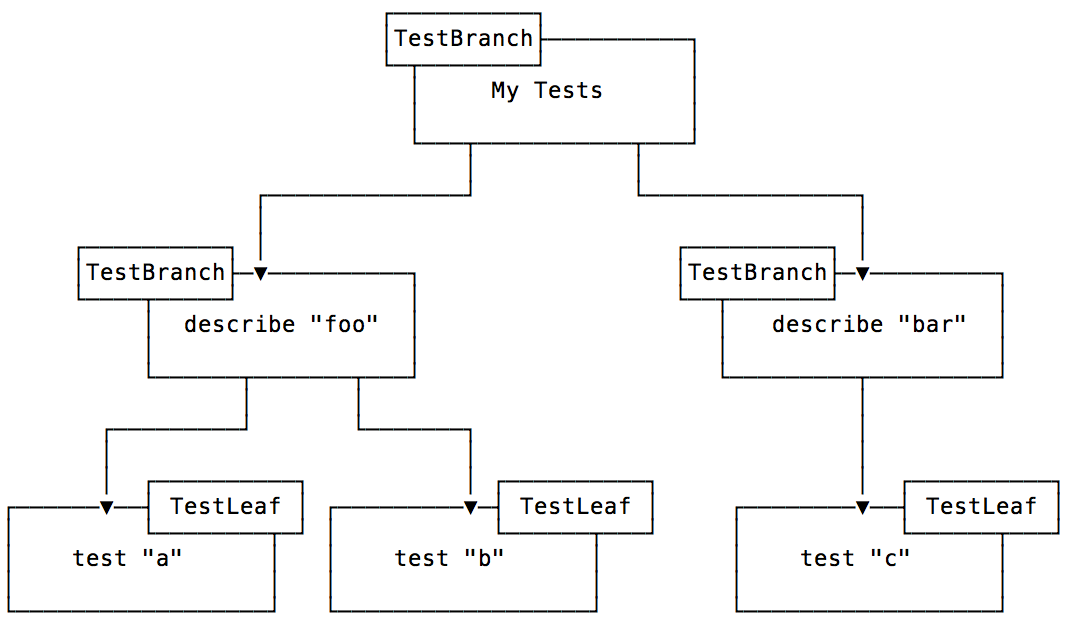This article is about leveraging a technique called Railway Oriented
Programming, in Kotlin. It is extensively documented in functional
languages,
particularly well in the F# community.
So I’m going to try to explain how to implement some of it in Kotlin.
Some background
Having written my fair share of Java, Go, Ruby… I’ve seen quite a
few different paradigms for error handling.
In Ruby, one would return different types based on the error status of a
given function. We would (for example) use symbols to indicate the specific type
of error that was reached (e.g. :not_found, :connection_failed…).
It then becomes the responsibility of the consumer of the function to figure out
the different possible results. The programmer ends up having to read the tests
for the function, relying on the documentation being accurate, or reading
through the code of the function itself.
In Java, we use exceptions for indicating the function is not successful.
Non-Runtime exceptions have to be caught and handled, which ends up with a lot
of code like this -
try {
myFunction();
} catch (IOException e) {
throw new RuntimeException(e);
}
And that obviously can result with a lot of run-time problems…
In Go, a function can have multiple return values. The convention is to
return an error and the value that is wanted. Then the programmer has to check
for the error before continuing the execution. This results in code similar to
this -
value, err := myFunction()
if err != nil {
return nil, err
}
Unfortunately, it can be very easy to forget to handle the error case. The
compiler will be just fine if we forget to look at the err variable or if we
don’t assign it. Also this has the unfortunate side effect of spreading the
“happy path” code in many small chunks of code separated by error checks.
Enter discriminated unions
Although I am far from being an expert (really far), I have been toying around
with some functional languages lately. In particular, I like the simplicity of
Elm and F#, but I’m looking forward to learning more about advanced
functional programming with Haskell and/or Scala eventually.
Regardless, in all these languages there is the concept of a discriminated
union
in F# or union type in Elm. It allows the programmer to represent a
type that can have one or many states that can each have their own complexity.
Think about it as an “enum on steroids”! Actually Rust and Swift enums
are union types.
For example in F# you can create an Optional type like this -
type Optional<'a> =
| Just of 'a
| Nothing
That means that a value of type Optional<string> can either have the value
Nothing or it can be Just and would contain something of type string. This
Optional type is a great way of representing the potential absence of a value,
and it helps avoiding null pointer exceptions. Now you might say “but **
Kotlin**
already has a way to avoid null pointer exceptions built-in”, and you are right.
So let’s look at a type that is built-into F#.
type Result<'success, 'error> =
| Success of 'success
| Error of 'error
If I write a function that returns something of
type Result<User, ErrorMessage>
then I know that I will either get a Success back containing a User or I
will get an Error back and it contains an ErrorMessage. And the F#
compiler would ask me to handle both cases.
This is actually very similar to a type that you will find in most functional
languages, Either. It
exists in Scala
and in Haskell.
And now you might say “but does Kotlin even have any way to do that at all?!”,
and you are in luck, because it does!
Enter Kotlin’s sealed classes
The same type that we just represented in F# can be represented as follows
in Kotlin.
sealed class Result<T, E>
data class Success<T, E>(val value: T): Result<T, E>()
data class Error<T, E>(val value: E): Result<T, E>()
And you could use the type like this:
data class User(val name: String)
data class ErrorMessage(val message: String)
fun myFunction(): Result<User, ErrorMessage> =
Error(ErrorMessage("Oops"))
when (val result = myFunction()) {
is Success -> println("Success we got the user ${result.value.name}")
is Error -> println("Oops we got a failure ${result.value.message}")
}
Now this is very basic but already usable, and the compiler will require that we
do match both cases: Success and Error. It may seem a bit tedious to always
have to match on result after calling the function. After all, the extra
boilerplate is why Java developers tend to use a lot of RuntimeExceptions
instead of having to catch or re-throw them all over the place.
So let’s add a few functions to the Result class to help handle it.
sealed class Result<T, E> {
abstract fun <NewT> map(mapping: (T) -> NewT): Result<NewT, E>
abstract fun <NewT> flatMap(mapping: (T) -> Result<NewT, E>): Result<NewT, E>
abstract fun <NewE> mapFailure(mapping: (E) -> NewE): Result<T, NewE>
abstract fun <NewE> flatMapFailure(mapping: (E) -> Result<T, NewE>): Result<T, NewE>
abstract fun orElse(other: T): T
abstract fun orElse(function: (E) -> T): T
}
The full implementation can be found
as a Gist on my Github.
With these functions you will be able to write code that handles errors very
simply and concisely. For example,
fun fetchUsers(): Result<List<User>, ErrorMessage> =
buildRequest("GET", "http://example.com/api/users")
.execute()
.flatMap { it.parseJson<UserListJson>() }
.map { it.users }
In this example, I executed an HTTP request using a function that returns a
Result then I parsed the response if the Result was a Success. The parsing
is also a function that returns a Result so I used flatMap. Finally I return
the list of Users from the parsed UserListJson.
At no point in that function did I have to handle the error branches (because my
functions are always using ErrorMessage for the failure case).
This makes for code that is a lot easier to maintain. The compiler is going
to do most of the heavy lifting for us.
This is Railway Oriented Programming
(I highly recommend reading that article).
I would encourage you to try and use this style of programming more and more if
you have the privilege of using a language that offers this kind of feature. If
you are using any external library that throws exceptions, make sure to write
some small wrapper functions that will instead return a Result type.
Enjoy your exception free codebase!
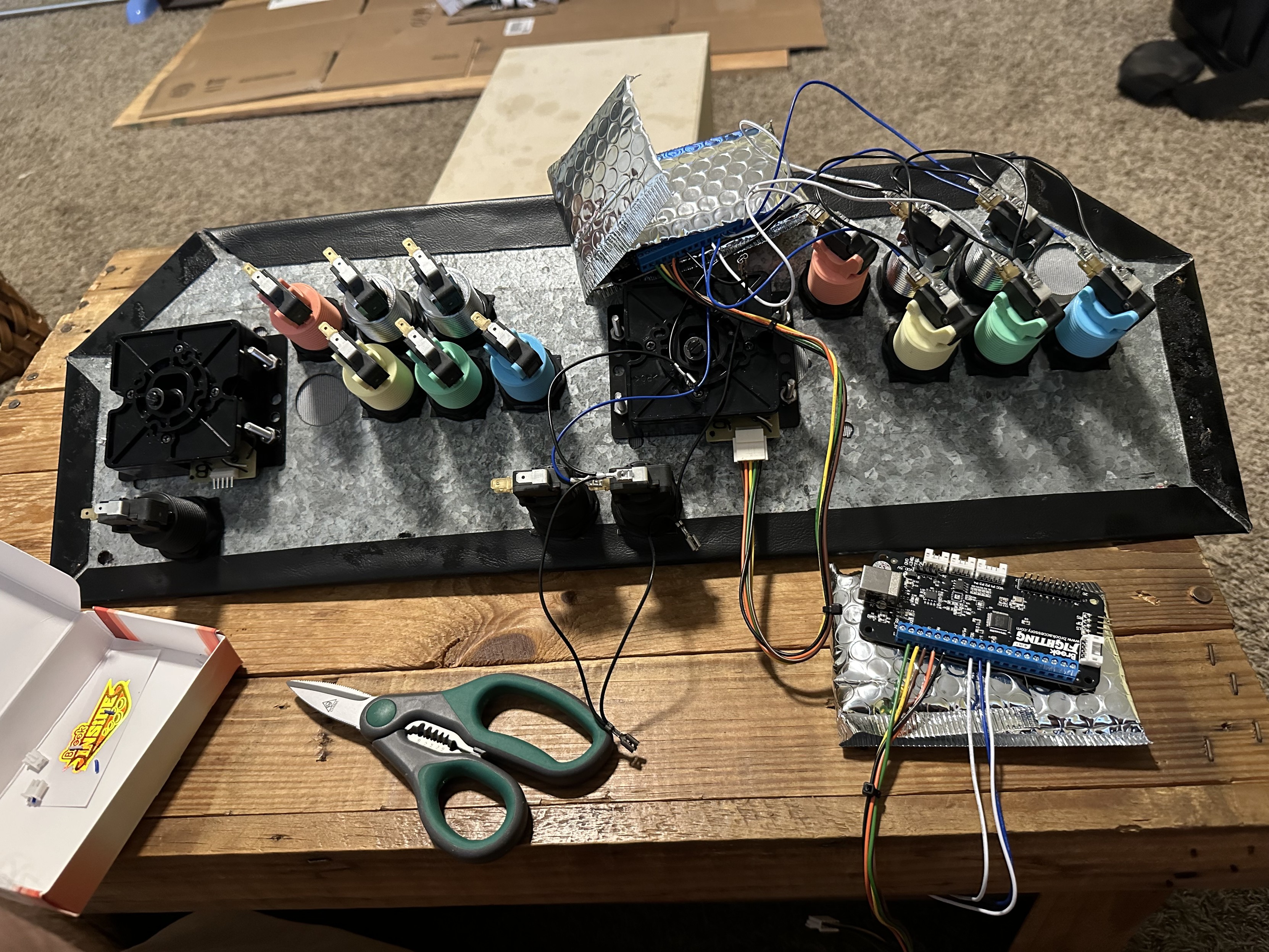


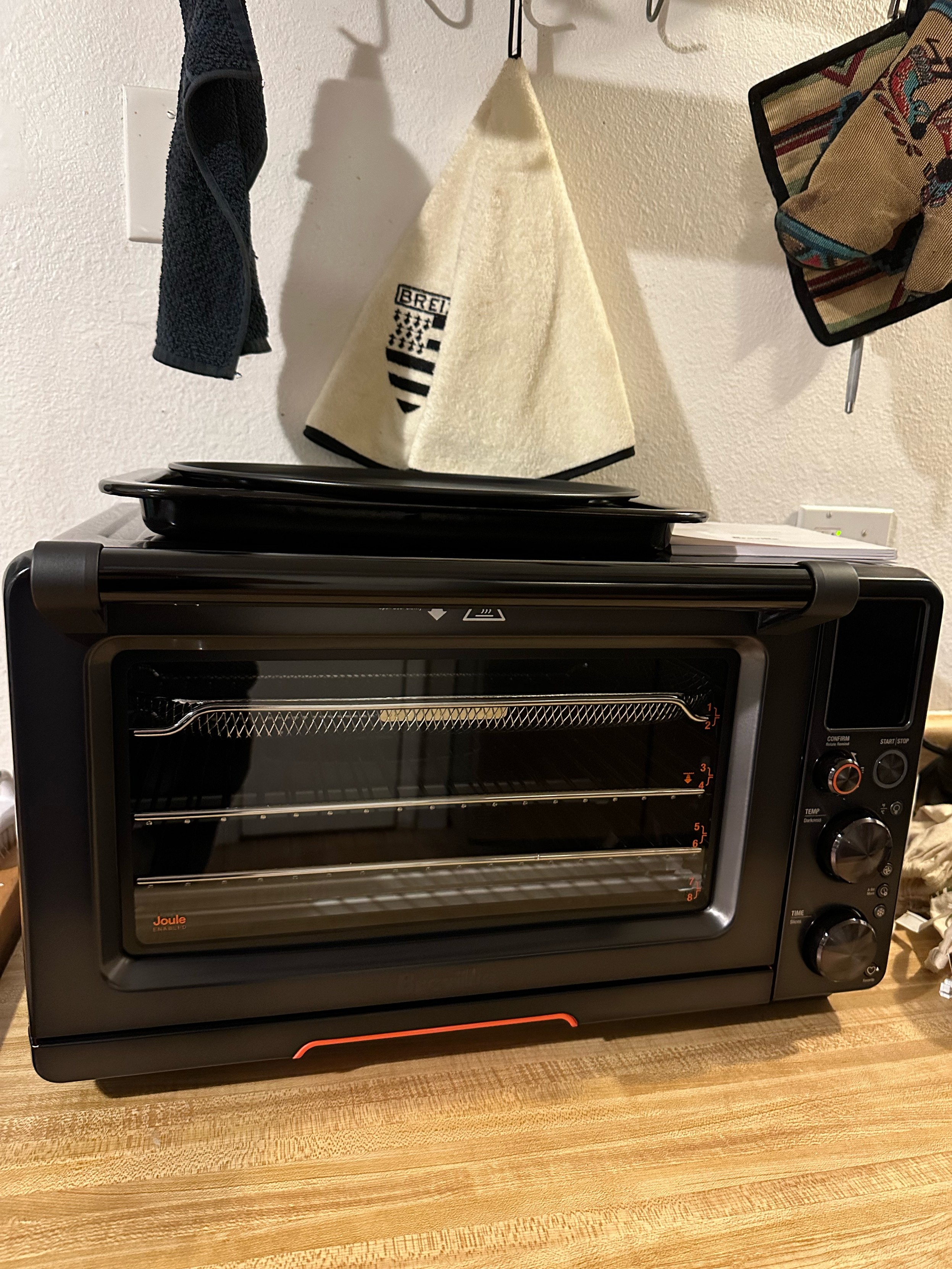
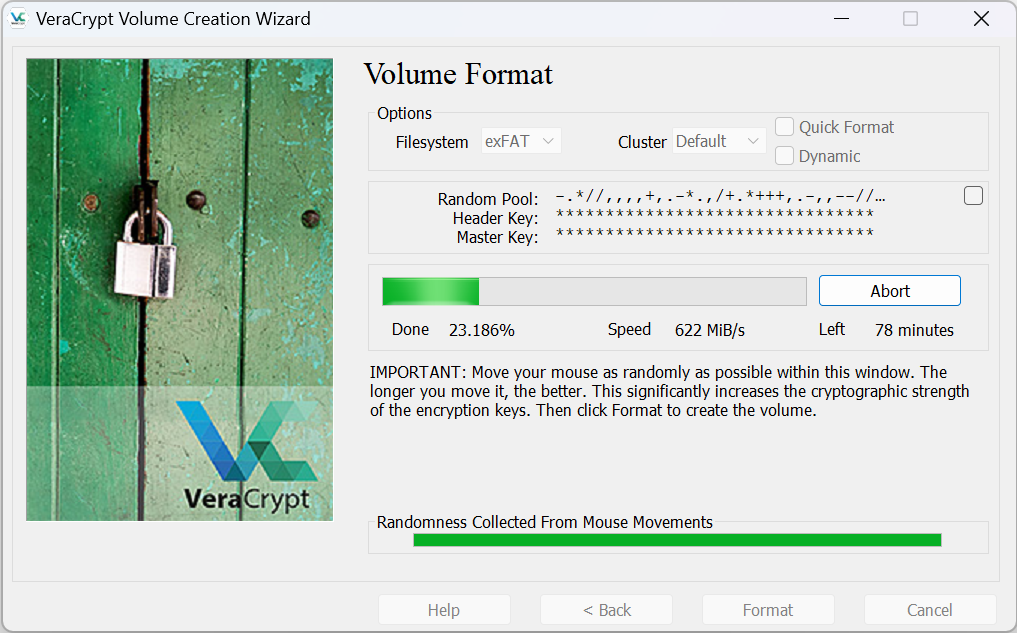

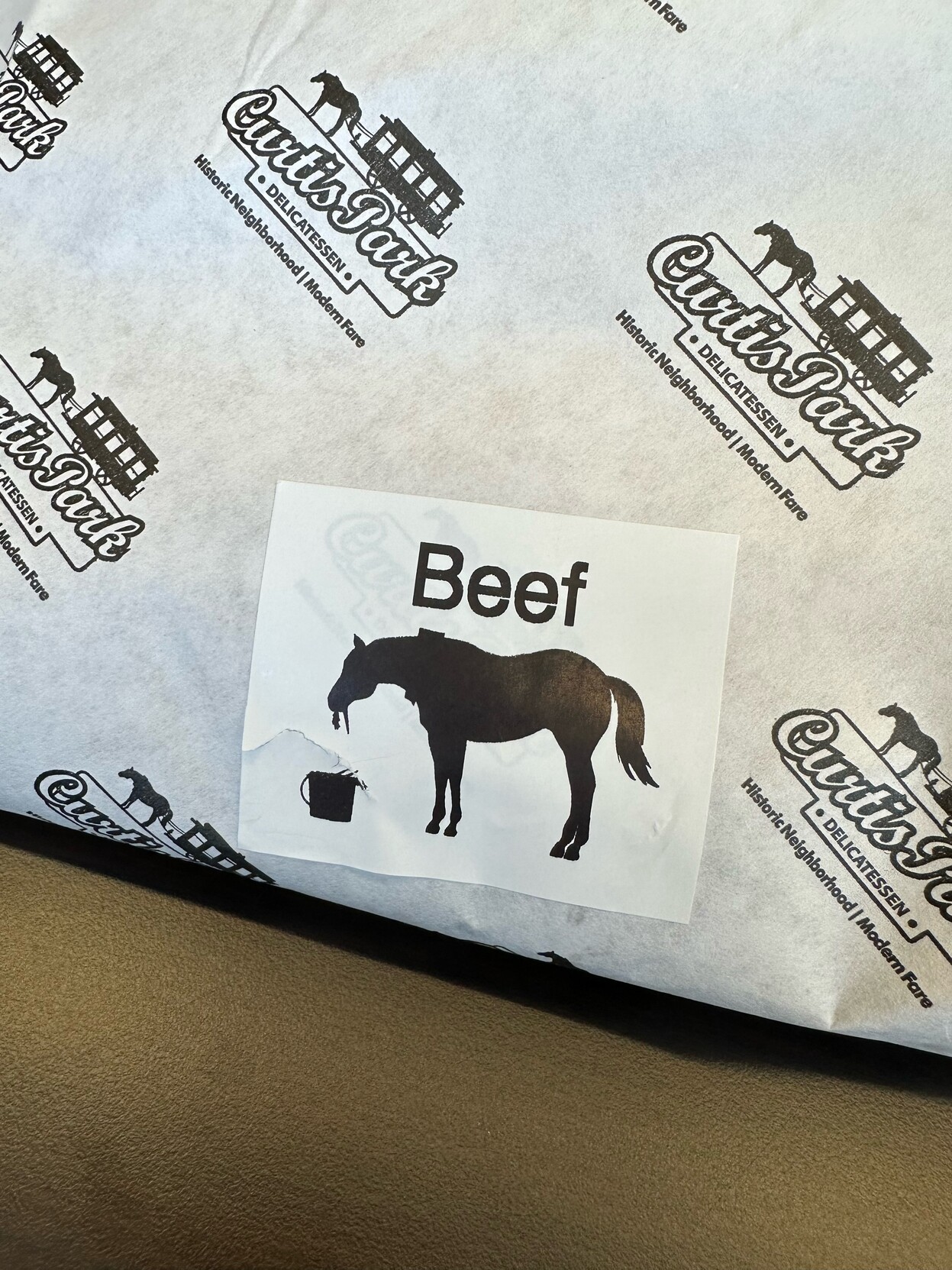
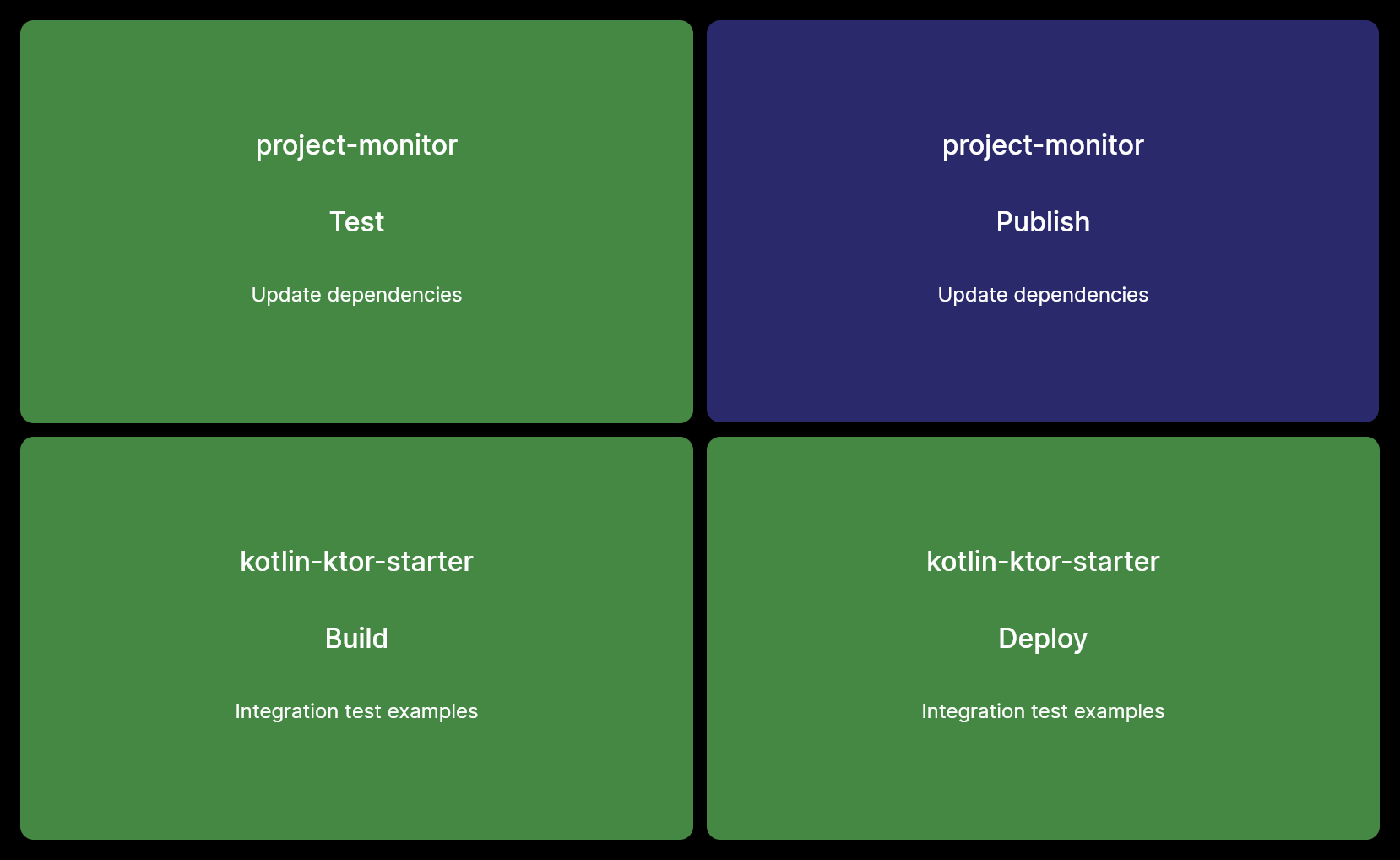 A screenshot of the monitor.
A screenshot of the monitor.